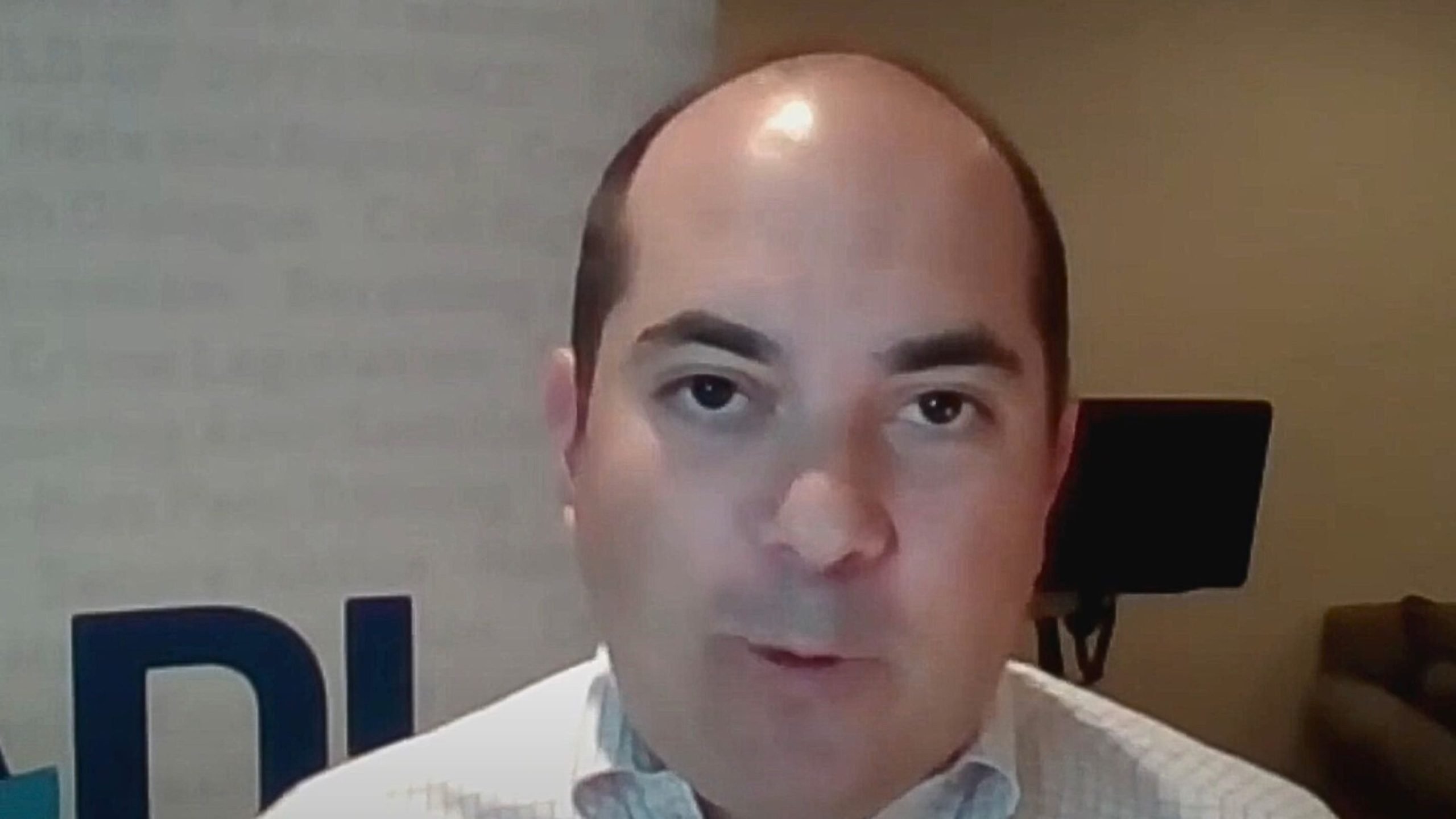The Anti-Defamation League’s David Goldenberg is demanding a broad overhaul of how speech is governed on the internet, calling for both government intervention and intensified corporate censorship. In a recent appearance, Goldenberg, who heads the ADL’s Midwest operations, expressed frustration over what he sees as declining efforts by tech firms to suppress online content he deems hateful.
Citing Meta’s rollback of its fact-checking team in the United States, he argued that platforms must be forced to take action. “You have a platform like Meta that just gutted its entire fact-checking department…And so what we need to do is we need to apply pressure in a real significant way on tech platforms that they have a responsibility, that they have an absolute responsibility to check and remove hateful speech that is inciteful.”
Goldenberg advocated not just for voluntary moderation, but for legislative and regulatory measures, both at the federal and state level, that would compel platforms to act as speech enforcers. He pointed to efforts in states like California as examples of where local governments are already testing such models.
His concern centers around what he perceives as an ecosystem of radicalization made easily accessible by today’s digital infrastructure. He warned that extremist ideologies no longer require obscure forums or dark web communities to spread. “It used to be you had to fight going into the deep dark web… Now… it’s easier and easier to be exposed in the mainstream,” he said.
Framing the online environment as a catalyst for violence, Goldenberg argued that free access to controversial viewpoints must be curtailed. He called for social media companies to take a stronger stance by excluding users whose views fall outside accepted boundaries, adding that regulation should enforce this responsibility.
He zeroed in on Section 230 of the Communications Decency Act, a critical piece of legislation that shields platforms from legal liability over user-posted content. “Congress needs to amend Section 230, which provides immunity to tech platforms right now for what happens,” Goldenberg said. He dismissed comparisons between modern platforms and telecommunications companies, referencing past remarks by Facebook’s Mark Zuckerberg about how phone providers were not liable for threats made over calls. Goldenberg’s view was blunt: “These tech platforms are not guaranteed under the Constitution. They’re just not.”
From his perspective, private companies should be free to “kick people off, to de-platform,” and if they fail to do so voluntarily, they must be pressured or regulated into compliance. He described accountability as a mechanism for shaping behavior, stating, “Accountability is a tool that can be incredibly effective in changing behavior.”
The position advanced by Goldenberg reflects a broader effort to blur the line between public authority and private platform control. By demanding that companies mirror the goals of activists and lawmakers, his approach seeks to institutionalize censorship and convert digital platforms into engines of ideological enforcement.
But such a vision comes with consequences. By urging the dismantling of legal protections and empowering both governments and corporations to decide which views should be silenced, this framework sets the stage for widespread suppression. What’s framed as protection from harm becomes a template for restricting dissent, and narrowing the range of permissible thought in public discourse.










